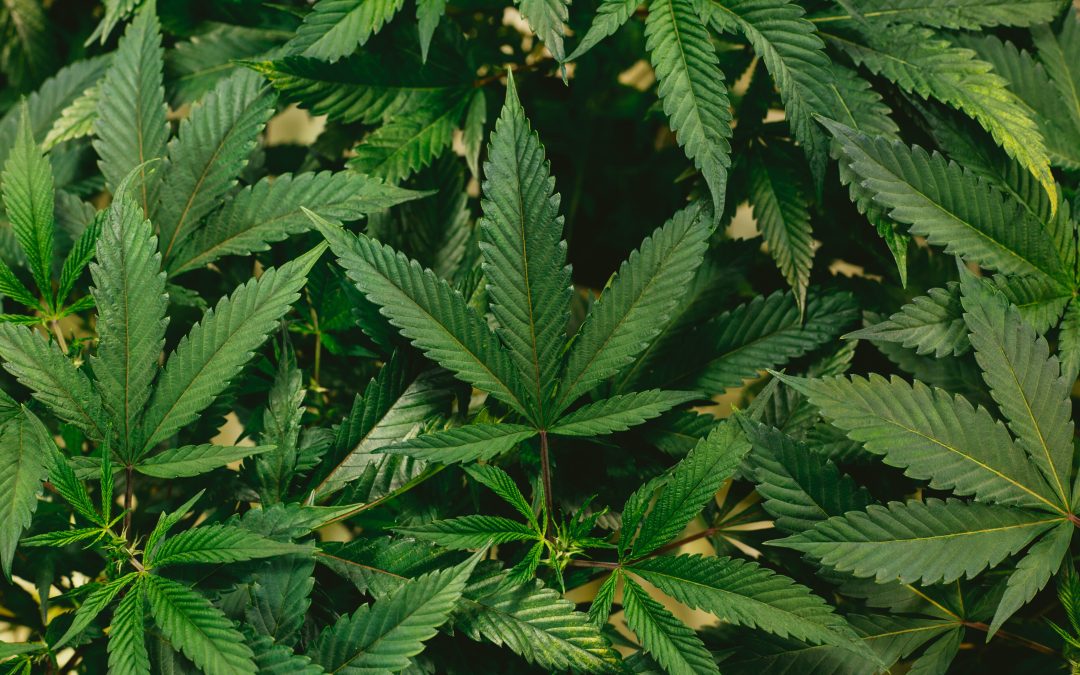On August 1, Minnesota will join 22 states plus Washington, D.C., that have legalized recreational cannabis. This means possession for adults 21 and older will be lawful, with limits.
This new law comes with the creation of a new state agency called the Office of Cannabis Management (OCM), tasked with licensing cannabis and hemp businesses and overseeing legal recreational market, as well as the existing medical cannabis and hemp-derived markets.
Now we face a critical question. How do we best educate drivers on the risks of marijuana-impaired driving? This new law allocates $15 million over the next two years to fund drug recognition training for law enforcement to help officers better identify impaired drivers. The law also requires the state’s public safety commissioner to launch a pilot project studying the creation of an oral fluid roadside test to detect cannabis impairment.
Driving under the influence of cannabis will be Illegal – impaired is impaired. In addition to the state’s open container law for alcohol, it will also be illegal to have an open cannabis product in a vehicle.
Studies already show that like alcohol, marijuana can impair driving ability. Marijuana affects areas of the brain that control the body’s movements, balance, coordination, memory and judgment. It can also impact important skills required for safe driving including reaction and decision-making time, coordination and perception. Research has demonstrated links between acute marijuana use and crashes, but more studies are needed. Currently it’s difficult to directly connect presence of marijuana or THC in someone’s system to impaired driving ability. Studies also have shown that the use of multiple substances at the same time, such as marijuana combined with alcohol, can increase impairment.
Those of us committed to traffic safety and reducing the numbers of crashes are working feverishly on educational resources. Bottom line, driving under the influence of marijuana or lower dose hemp-derived THC edibles is dangerous and driving high is a DWI, like alcohol, with the same penalties.
Watch for the July issue of our DriveSafeMN newsletter for more detailed information, as well as links to resources to educate yourself and your workers.
Yours in traffic safety,
Lisa


Recent Comments